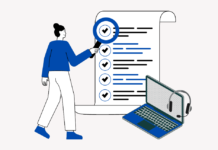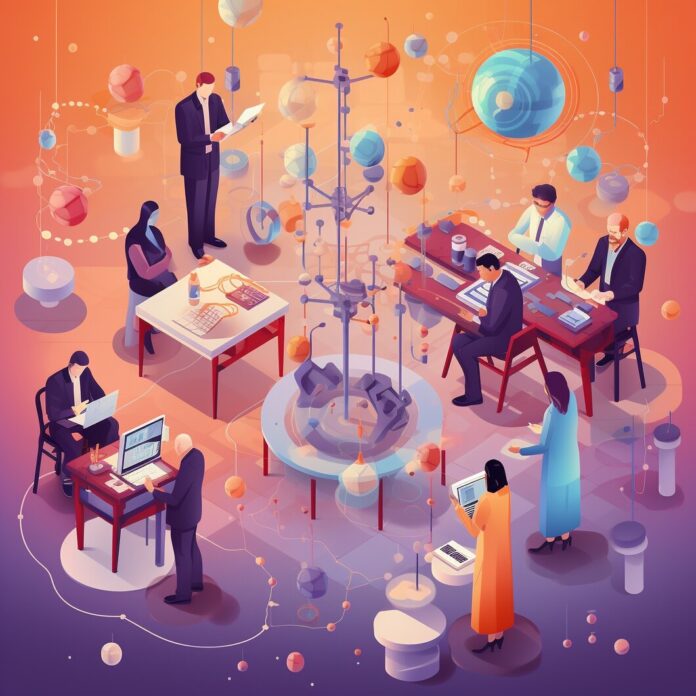In today’s competitive market, Enterprise Resource Planning (ERP) systems have become essential tools for businesses of all sizes. An ERP system seamlessly integrates core business processes—from finance and inventory management to sales, customer service, and human resources—into a single unified platform. By offering real-time visibility, automated workflows, and accurate reporting, ERP systems help organizations make informed decisions, reduce costs, and drive sustainable growth.
What is an ERP System in Business?
An ERP system in business is a centralized software solution designed to manage and optimize day-to-day operations across various departments. Instead of using separate applications for accounting, HR, procurement, and inventory, ERP integrates all these functions into one cohesive system.
Key Components of an ERP System include:
- Financial Management: Budgeting, accounts payable/receivable, and financial reporting.
- Inventory & Supply Chain: Stock control, order processing, and vendor management.
- Sales & Customer Relationship Management (CRM): Lead tracking, customer data management, and after-sales service.
- Human Resources: Payroll, recruitment, performance management, and compliance.
- Production & Manufacturing: Planning, scheduling, and quality control.
Benefits of ERP Systems in Business
Implementing an ERP system brings measurable improvements to business operations.
1. Streamlined Processes
ERP systems automate repetitive tasks, standardize workflows, and ensure consistent operational procedures across the organization.
2. Improved Decision-Making
With real-time data and analytics, managers can make quicker, evidence-based decisions, enhancing responsiveness to market changes.
3. Enhanced Collaboration
Since all departments work from the same data source, communication improves, and departmental silos are eliminated.
4. Cost Efficiency
ERP systems reduce manual errors, minimize redundancies, and optimize resource allocation, directly impacting the bottom line.
5. Regulatory Compliance
Modern ERP systems offer compliance tools to meet local and international business regulations, ensuring audit readiness.
ERP System in Business Operations
An ERP system touches almost every part of a business’s daily workflow.
Example: In a retail business, an ERP system can track inventory levels in real-time, automatically reorder stock when needed, update accounts with purchase data, and alert sales teams to new promotions—while also providing management with performance reports.
In manufacturing, ERP systems can manage raw material sourcing, production schedules, quality control, and distribution from one platform, ensuring operational alignment.
ERP Implementation Strategies for Businesses
Successful ERP adoption requires strategic planning:
- Define Business Needs: Understand which departments and processes will benefit most.
- Select the Right ERP Solution: Choose software that matches your industry and scale.
- Data Migration & Integration: Ensure smooth transfer from legacy systems.
- Training & Change Management: Prepare staff to use the ERP effectively.
- Continuous Optimization: Regularly update and improve processes based on ERP analytics.
Cloud-Based ERP vs. On-Premise ERP in Business
- Cloud ERP: Hosted on the vendor’s servers, accessible from anywhere, scalable, and requires lower upfront investment.
- On-Premise ERP: Installed locally on company servers, offering greater control but requiring higher initial costs and maintenance.
Many businesses now prefer cloud ERP for flexibility and cost savings, while larger enterprises with complex needs may opt for hybrid solutions.
The Future of ERP Systems in Business
ERP systems are evolving with AI, IoT, and predictive analytics, making them smarter and more intuitive. Future ERP solutions will provide proactive decision-making, self-learning automation, and deeper integration with customer experiences.
Businesses that adopt ERP early position themselves ahead of competitors in efficiency, scalability, and innovation.Conclusion
An ERP system in business is no longer a luxury—it’s a necessity for achieving operational excellence, driving growth, and staying competitive. By integrating all key functions into a single platform, ERP empowers companies to work smarter, respond faster, and grow stronger.













